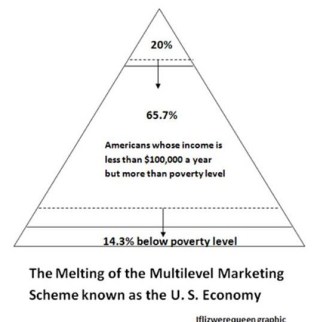by David Attewell
In 1949, Germany lay in utter ruin. World War II had devastated its people and laid waste to much of the rest of Europe. The temptation among the victors was to rain down punishment on the Germans in repayment for the catastrophic violence their militarism had brought upon the continent and the rest of the world.
Instead, the Allies heeded the lessons of Versailles, and abstained from demanding excessive reparations; the U.S infused West Germany with billions of dollars in grants and low-interest loans to rebuild its industrial economy. The Marshall Plan launched a new day for the FRG and the prosperity that followed set the conditions for a democratic, prosperous Germany with a European future.
Europe would do well today to remember these lessons as they look to the ‘Greek problem’.





 Introduction:
Introduction:


